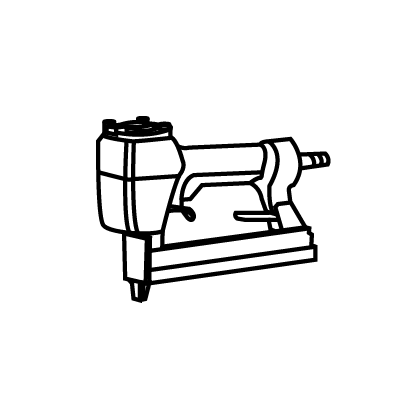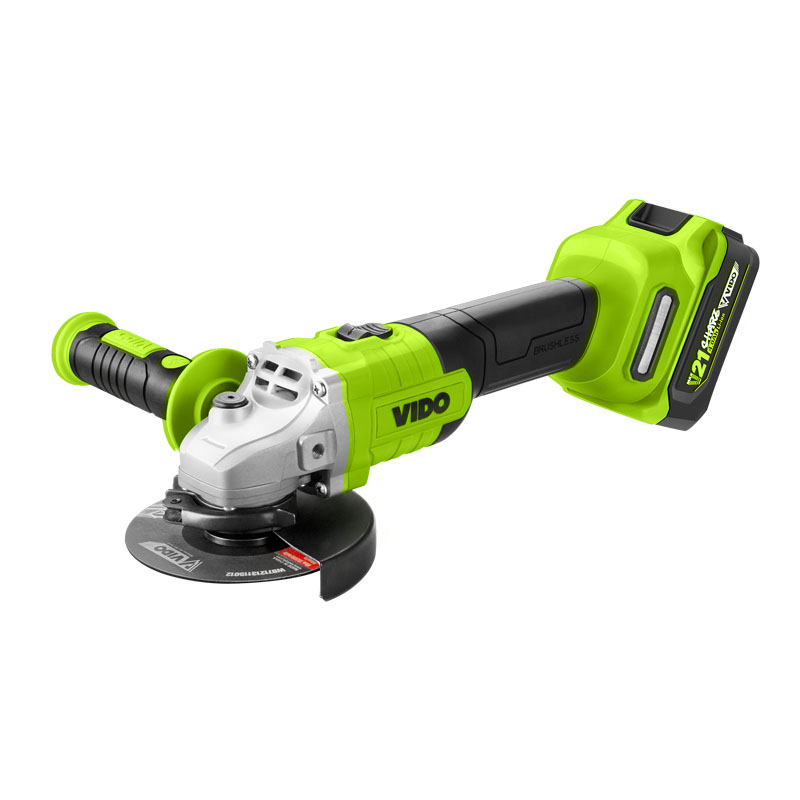Industry news
Do you know anything about nitrile coated gloves?
2022-10-12
Characteristics of nitrile coated gloves
1. Excellent resistance to organic chemical properties, anti certain ph acidity and alkalinity, organic solvents, crude oil and other corrosive chemicals to show excellent organic chemical protection.
2. Good physical properties, excellent resilience, anti-puncture, anti-friction properties.
3. Comfortable style, according to the humanized design design scheme of the glove palm and bent fingertips to make wearing comfortable, conducive to the blood circulation system.
4. No protein, hydroxy chemicals and other harmful substances, very little skin allergies.
5. Short dissolution time, very easy to solve, beneficial to environmental protection.
6. No silicon composition, has a certain anti-static performance, suitable for the electronic industry production and manufacturing needs.
Notes for nitrile coated gloves
1. Select gloves suitable for different workplaces according to the table above. Glove size should be appropriate, if the glove is too tight, limiting blood flow, easy to cause fatigue, and uncomfortable; if too loose, the use of inflexible, and easy to fall off.
2. The gloves selected should have sufficient protection, such as the choice of steel wire cut-resistant gloves environment, you can not choose synthetic yarn cut-resistant gloves, etc.. To ensure its protective function, it is necessary to regularly replace the gloves. If you exceed the use period, it is possible to make the hand or skin injury.
3. Always check the gloves, check for small holes or broken, abrasive places, especially the finger seams. For glove box gloves can use the inflation method to check.
4. Pay attention to the occasion of the use of gloves, if a pair of gloves used in different places, it may greatly reduce the service life of the gloves.
5. Pay attention to safety in use, do not put the contaminated gloves arbitrarily to avoid causing injury to others. Gloves that are not used for a while should be put in a safe place.

Nitrile coated gloves for people
1. Laboratory personnel: Nitrile gloves are snug and comfortable, with stable performance and excellent chemical resistance to avoid skin irritation and injury from chemicals, making them an excellent choice for laboratory personnel.
2. Childcare: Daycare center staff wear gloves as a protective barrier between themselves and the children. Staff wear gloves when changing diapers, cleaning rooms, washing toys and feeding children to prevent cross-contamination.
3. Emergency care: As a barrier between the wearer and the patient, this is another important area of use for gloves. Disposable nitrile examination gloves, which are latex-free and non-allergenic, are an excellent choice for first responders to combat blood, pathogens and other diseases during first aid.
4. Assembly line workers, assembly workers and manufacturing workers: Workers exposed to hazardous chemicals, such as those working in battery manufacturing and processing plants, face the hazards of lead and need to wear gloves while working. Nitrile gloves are the best choice in this situation because they are made from a synthetic rubber with excellent chemical resistance. In addition, nitrile gloves are more comfortable to wear, and gloves will fit more closely to the hand as they come into contact with body heat, thus providing better sensitivity in handling.
5. Food service industry: Nitrile gloves are comfortable on the hand and suitable for long periods of time, making them ideal for food processing and food service, although PVC and PE gloves are alternate choices, but only for light and short operations.
6. Packaging workers: Packaging is at the end of the processing procedure and also needs to comply with the constraints of food safety regulations. In addition, wearing gloves can prevent fingerprint impressions that can damage the cleanliness of the packaging.
7.Maintenance workers: Maintenance workers are usually exposed to grease, oil and other solvents when repairing machinery, equipment and vehicles, and using disposable nitrile gloves will keep their hands protected.
1. Excellent resistance to organic chemical properties, anti certain ph acidity and alkalinity, organic solvents, crude oil and other corrosive chemicals to show excellent organic chemical protection.
2. Good physical properties, excellent resilience, anti-puncture, anti-friction properties.
3. Comfortable style, according to the humanized design design scheme of the glove palm and bent fingertips to make wearing comfortable, conducive to the blood circulation system.
4. No protein, hydroxy chemicals and other harmful substances, very little skin allergies.
5. Short dissolution time, very easy to solve, beneficial to environmental protection.
6. No silicon composition, has a certain anti-static performance, suitable for the electronic industry production and manufacturing needs.
7. Low organic chemical residues on the surface layer, low positive ion content, small particle content, suitable for harsh clean room natural environment.
Notes for nitrile coated gloves
1. Select gloves suitable for different workplaces according to the table above. Glove size should be appropriate, if the glove is too tight, limiting blood flow, easy to cause fatigue, and uncomfortable; if too loose, the use of inflexible, and easy to fall off.
2. The gloves selected should have sufficient protection, such as the choice of steel wire cut-resistant gloves environment, you can not choose synthetic yarn cut-resistant gloves, etc.. To ensure its protective function, it is necessary to regularly replace the gloves. If you exceed the use period, it is possible to make the hand or skin injury.
3. Always check the gloves, check for small holes or broken, abrasive places, especially the finger seams. For glove box gloves can use the inflation method to check.
4. Pay attention to the occasion of the use of gloves, if a pair of gloves used in different places, it may greatly reduce the service life of the gloves.
5. Pay attention to safety in use, do not put the contaminated gloves arbitrarily to avoid causing injury to others. Gloves that are not used for a while should be put in a safe place.

Nitrile coated gloves for people
1. Laboratory personnel: Nitrile gloves are snug and comfortable, with stable performance and excellent chemical resistance to avoid skin irritation and injury from chemicals, making them an excellent choice for laboratory personnel.
2. Childcare: Daycare center staff wear gloves as a protective barrier between themselves and the children. Staff wear gloves when changing diapers, cleaning rooms, washing toys and feeding children to prevent cross-contamination.
3. Emergency care: As a barrier between the wearer and the patient, this is another important area of use for gloves. Disposable nitrile examination gloves, which are latex-free and non-allergenic, are an excellent choice for first responders to combat blood, pathogens and other diseases during first aid.
4. Assembly line workers, assembly workers and manufacturing workers: Workers exposed to hazardous chemicals, such as those working in battery manufacturing and processing plants, face the hazards of lead and need to wear gloves while working. Nitrile gloves are the best choice in this situation because they are made from a synthetic rubber with excellent chemical resistance. In addition, nitrile gloves are more comfortable to wear, and gloves will fit more closely to the hand as they come into contact with body heat, thus providing better sensitivity in handling.
5. Food service industry: Nitrile gloves are comfortable on the hand and suitable for long periods of time, making them ideal for food processing and food service, although PVC and PE gloves are alternate choices, but only for light and short operations.
6. Packaging workers: Packaging is at the end of the processing procedure and also needs to comply with the constraints of food safety regulations. In addition, wearing gloves can prevent fingerprint impressions that can damage the cleanliness of the packaging.
7.Maintenance workers: Maintenance workers are usually exposed to grease, oil and other solvents when repairing machinery, equipment and vehicles, and using disposable nitrile gloves will keep their hands protected.
8. Printing workers: Printing plants use chemicals to print labels and other printed materials, and these chemicals usually contain emulsions, inks, oxidizers and various solvents. Disposable gloves protect workers from chemicals that can harm their health, such as neurological damage caused by penetration into the skin. In view of these chemical injuries, nitrile gloves are responsible.
RelatedNews
Selection of Household Power Tools2022-10-17
Household power tools will be used in almost all households. There are only four commonly used: screwdrivers, pistol drills, impact drills and electric hammers. We who are not professionals, how should we select household power tools?
For most families, the use of power tools is limited to screwing a screw, drilling a hole, and occasionally installing a small piece of furniture. We who are not professionals, how should we choose household power tools?
Advantages of Brushless Power Tools2022-10-17
VIDO is the leader in brushless tools, using control chip technology to take advantage of brushless power tools. We are committed to satisfying every consumer.
RelatedProducts







































































